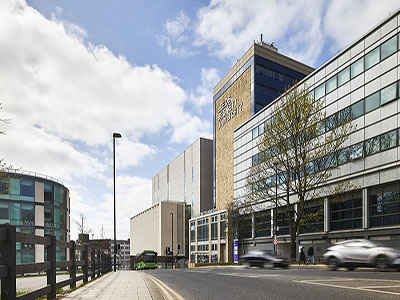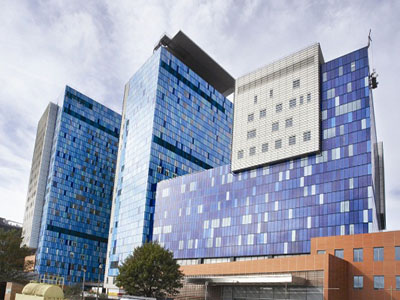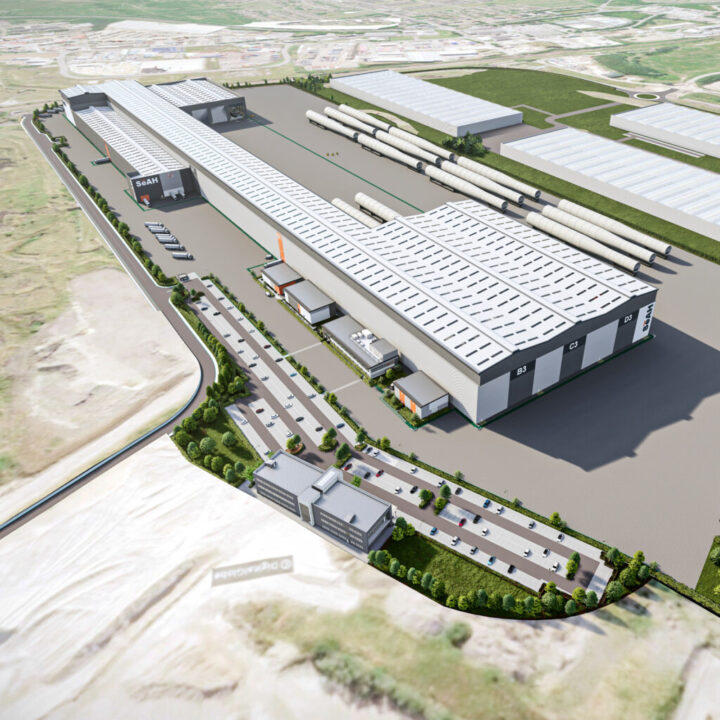Located 9km to the west of Edinburgh and 4.8km from Edinburgh International Airport, Edinburgh Gateway is part of the Edinburgh to Glasgow Improvement Programme (EGIP), a major Scottish transport project involving infrastructure improvements and the electrification of most railway lines between Glasgow and Edinburgh.
SES Engineering Services, appointed by main contractor Balfour Beatty provided full M&E services to the newly completed Edinburgh station, including lighting, heating, ventilation and the Station Information and Surveillance System (SISS) along with a fully lit pedestrian underpass tunnel between the station and the nearby Gyle shopping centre, SES also provided electrical services for a new tram stop for Edinburgh Trams.
Steve Joyce, Business Director North and Scotland, SES said:
“We are proud to have played an integral part in the delivery of this iconic new railway station, which will support the future growth of Scotland’s businesses and communities.
“Having already delivered similar projects at Haymarket and Waverley, our teams have demonstrated SES has extensive experience in the infrastructure sector under their belt.”
Edinburgh Gateway was officially opened by the Scottish Government Minister for Transport and the Islands Humza Yousaf on 9 November 2016 and opened its doors to the public on 11 December 2016 and is being served by Abellio ScotRail and Edinburgh Trams.
Other Case Studies

Leeds students benefit from fantastic £80m creative arts building
Leading engineering specialist, SES Engineering Services (SES), has announced the completion of MEP works on the impressive Creative Arts building in Leeds City Centre, which has a development value of £80m.

Royal London Hospital
In less than five weeks, SES Engineering Services (SES) and Wates Construction delivered a full fit-out of floors 14 and 15 at Royal London Hospital, to create additional capacity for more than 170 intensive care beds to support the COVID-19 pandemic.

SeAH Wind Monopile Factory
Due to complete in 2025, SeAH Wind’s giant 40-metre-tall, 800m long monopile factory will be the largest of its kind in the world.

